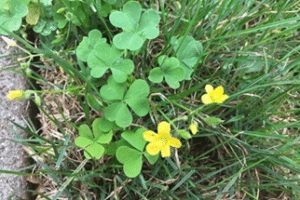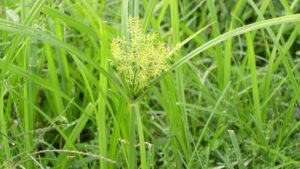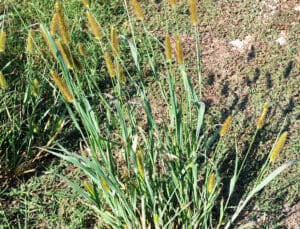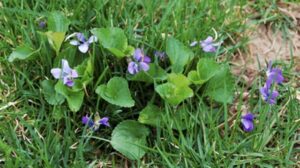Thuja plicata x standishii ‘Green Giant’
Description
You can block out neighbors while taking very little yard space. Thuja Green Giants grow in a uniform shape and height. You get that classic French Renaissance look without having to prune or shear. In fact, you don’t have to do anything to them. They’re drought tolerant and have no significant insect or disease problems.
Planting in Rows
There are two popular ways to plant your Thuja Green Giants:
So, you’ll never have to worry about mixing chemicals or spraying these trees. With proper care, Thujas aren’t typically prone to deer or bagworm problems. This is a tough tree. Resists ice and snow damage. Grows in almost any soil, even sandy loam or heavy clays. Prefers direct sunlight, but also does well in partial shade. The Thuja Green Giant is the perfect fast-growing evergreen for a privacy hedge or windscreen. Plant one every 5 to 6 feet and they quickly create a dense barrier. You can easily trim them once a year to your desired height. Left unpruned, Thuja Green Giants planted in rows can reach as high as 30 to 50 feet. Your Thuja foliage stays soft and thick all year long.
Planting
This is a large landscape tree and as such, requires a bit of planning before planting. First, measure the area where you would like to plant your hedge or row. You will need the length of the area of planting to estimate the number of trees you need.
When planting, dig a hole for each tree that is three times as wide as the root ball but just as deep. You don’t need to add anything to the planting hole. Place the tree, fill in around the tree with the same soil you took out when initially digging the hole. Finally, tamp down as you fill to cut back on any air pockets from forming, water the tree, then mulch to conserve moisture.
Watering
For the first two weeks, water your new tree every other day by holding a hose around it and counting to 20. If you don’t have a hose, 2 large watering cans full of water will do (smaller trees may only need a light soaking so a single can may suffice).
During the second two weeks, switch to watering every three days with the same method mentioned above. After the first month, water once a week unless it is dry and hot (no rain and temperatures above 80 degrees). If it is hot and dry, water twice a week. After the first six months, the trees will be established and won’t need any extra water. Your natural rainfall should be sufficient at this stage.
Fertilizing
For optimal growth feed your Thuja ‘Green Giant’ with a balanced evergreen tree and shrub fertilizer starting in the spring.
Pruning
You won’t have to prune this tree if you are growing it with enough space for it to maintain its naturally graceful pyramid shape. If you’re growing several close together as a hedge, you can shear the plants yearly after the final frost.
Tip: Possibly the best feature of this evergreen is that deer don’t favor the taste. If you live in an area with heavy deer pressure, spray your Thuja Green Giants every 3 to 6 months with deer repellent. That’s all the protection you need.


| How to Get the Height You Want | |
| Follow this spacing chart when planting in a straight row: | |
| Desired Height | Distance Between Trees |
| 20-25 feet tall | 5 feet apart |
| 25-30 feet tall | 8 feet apart |
| 30-40 feet tall | 10 feet apart |
[Text Wrapping Break]
| Growing Information | |
| Mature Height: | 30-50 ft |
| Mature Width: | 12-15 ft |
| Sunlight: | Full to Partial Sun |
| Bloom Time: | |
| Growth Rate: | Fast |
| Grows Well in Zones: | 5-8 |
| Your Growing Zone: | 6 |





